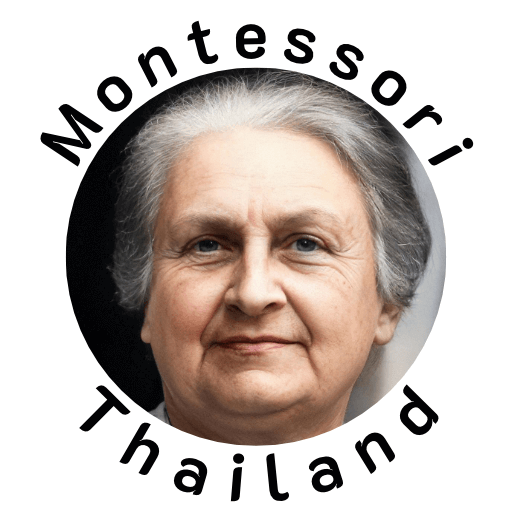
by MontessoriX | 1 Aug 2023 | Glossary
The Montessori Elementary Classroom caters to children between the ages of 6 to 12 years, and is set apart by its individually paced curriculum that challenges students academically and protects their sense of self[1]. This program is built on the belief that children...

by MontessoriX | 1 Aug 2023 | Glossary
Didactic Materials, also known as Montessori Materials, are a core component of the Montessori Method of education. These are carefully designed and structured materials that aim to provide children with concrete, hands-on learning experiences[1]. The purpose of...

by MontessoriX | 1 Aug 2023 | Glossary
In Montessori education, Deviations refer to behaviors exhibited by children that result from obstacles to their normal development.[1] These deviations may be perceived negatively (e.g., a destructive child) or positively (e.g., a passive, quiet...

by MontessoriX | 1 Aug 2023 | Glossary
In Montessori education, the Development of the Will refers to the gradual growth of a child’s ability to make conscious choices and act intentionally.[1] The Montessori environment provides numerous opportunities for the child to make decisions,...

by MontessoriX | 1 Aug 2023 | Glossary
In Montessori education, Creativity and Imagination are considered vital aspects of child development and learning. Imagination refers to the ability to conceptualize things not currently present to the senses, while creativity is viewed as the...






